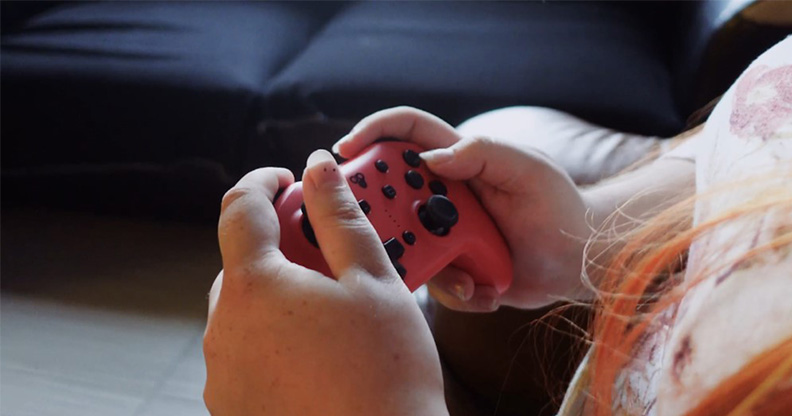Centraide of Greater Montreal is proud to support Travail de rue Île-de-Laval (TRIL), whose mission is to provide a safe living environment to promote the well-being of youth, youth at risk of homelessness or youth in difficulty, aged 12 to 21, in the Laval area, and to make the population aware of their needs.
To do so, TRIL offers many services such as reception and referral, prevention activities for youth, individualized follow-up, development of personal and social skills (empowerment, autonomy), lodging, social integration, training, associative life, group activities and an entire mutual aid network.
The street workers give 100% of themselves in order to create a relationship of trust with the youth. But they still need to be able to build relationships, as Denis LaRue-Fréchette, TRIL’s director, explains:
“Before the pandemic, we noticed that the attendance of young people in many environments had greatly decreased, and we had the desire to reach young gamers who were often isolated by their interests or lifestyle. We wanted to reach them in their bedrooms, basements or on the go on their cell phones.”
The Street Gamer Project is taking over. As soon as it was launched, it captured the interest of young people. So much so that after four months of activity, the project needed funds to acquire the necessary equipment identified with the youth and the various partners. Centraide of Greater Montreal, therefore, participated to the necessary funding to continue the project.
“The project also proved to be a very good way to do popular education and harm reduction related to the use of information and communication technologies.”
—Denis LaRue-Fréchette
Director, Travail de Rue Île-de-Laval (TRIL)
As pioneers in this field, TRIL’s workers are adapting to this new reality. Adaptability and continuous improvement are at the heart of this innovative project. As the director explains, his “street gamer team regularly experiments and adjusts its ways of doing things to adjust to the needs of young people and find the best practices in relation to the reality of their “clientele” and the limits that the use of information and communication technologies can bring.”
Anatomy of the Street Gamer Project
Prevention
The TRIL team uses various tools such as Discord (free proprietary VoIP and instant messaging software) to interact with youth, check in, initiate discussions, answer questions and share weekly information even during the holiday season.
Formal and informal intervention
The organization can count on two of its counsellors – Damien and Geneviève – to regularly carry out formal and informal interventions with young people who are more difficult to reach otherwise (especially young people known to the counsellor and/or already in follow-up).
Absolute confidentiality
As Denis LaRue-Fréchette explains, “The confidentiality aspect is a particularly sensitive element of the online intervention. We must ensure that youth are aware of the limits of the various platforms in terms of respecting confidentiality and offer them safer alternatives if they so desire (telephone or face-to-face meeting).”
“So online intervention brings its own set of additional precautions and can be very tricky.” —Denis LaRue-Fréchette

The Street Gamer Project, conceived by Geneviève Dion (street worker), is still in its infancy. Interventions in the digital sphere have proven to be complementary to street interventions. Without the funding from Centraide of Greater Montreal, the Foundation of Greater Montreal and the Fond Place-du-Souvenir (City of Laval), this project would not have been possible.
Street Gamer Project in a few figures
(from November 26, 2020 to February 26, 2021)
- 2,850 youth reached on 6 different platforms;
- 66 play periods with Laval youth with whom we have regular contact;
- 47 interventions carried out;
- 3 part-time workers accumulating 142 hours of games, game preparation and online intervention;
- 50 hours of “pure gaming”.




